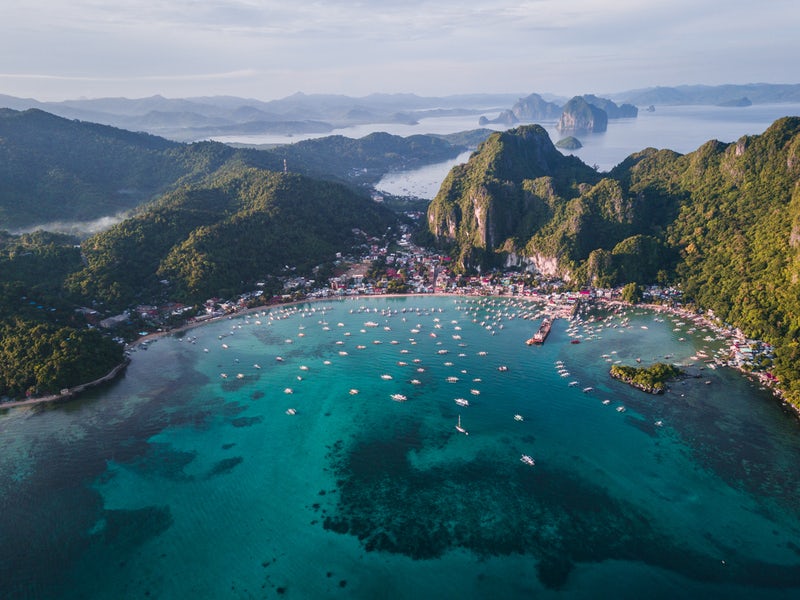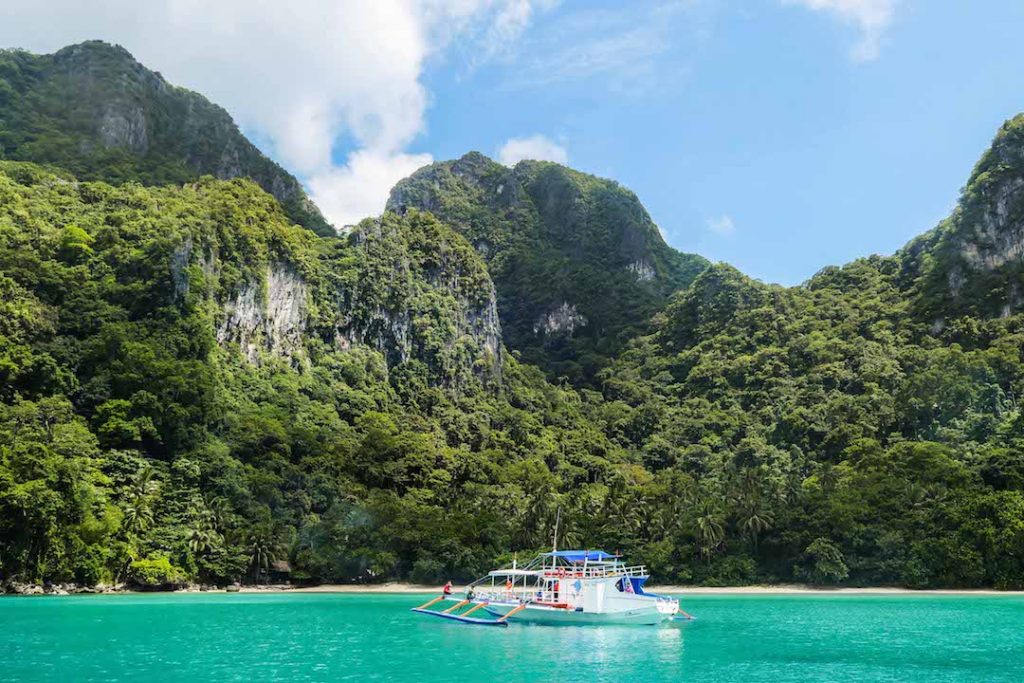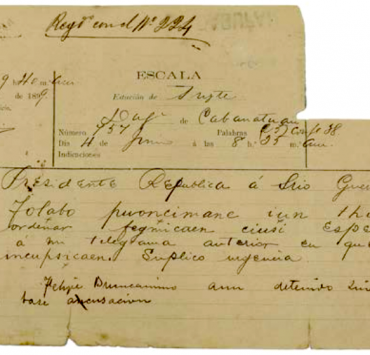Should the Province of Palawan be divided into three?
Yes, according to members of the Congress. No, according to the people who actually live in the area.
Last August, the House of Representatives passed House Bill 8055, an act that divides Palawan into three provinces: Palawan del Norte, Palawan Oriental, and Palawan del Sur. The Senate passed their own version of the bill yesterday, with only Sen. Risa Hontiveros dissenting.
Sponsored by Sen. Sonny Angara, chairman of the Senate Committee on Local Government, the bill was made to “spark growth” in the province. “Palawan is the biggest province in the Philippines, encompassing 1,800 islands and 17,000 sq. kms that can fit five Batangas provinces in terms of total area of jurisdiction,” Angara said.

No public consultation
Palawan locals, however, slammed the decision of government officials. Civic group Save Palawan Movement said the bill lacked “genuine public consultation” and should be stopped. This led the group to launch an online petition against the bill.
“Palaweños were deprived of their right to be consulted on a matter that will affect their lives. There was no “clamor” to divide Palawan into three provinces,” wrote Cynthia Sumagaysay-Del Rosario, the petition’s main advocate. “It is a dark plan conceived by Palawan politicians who desire to remain in power perpetually. It will benefit the politicians and the political dynasty in Palawan but not the people.”
Angara just brushed aside this claim, saying the bill “is not motivated by partisan political concerns, nor a gerrymandering exercise.”
Then what is it motivated by, then? Locals said Palawan has a lot of other problems to deal with which include social services, environmental issues, poverty, and weak governance. None of it includes a factor on size and population.
“For many Palaweños, having three provinces would mean more politicians, more opportunities for corruption, and more bloated bureaucracies. The same people who failed to alleviate poverty in various areas in Palawan will dominate these new provinces, perpetuating their weak style of governance, as well as the same governance, social and environmental issues that have made lives difficult for the Palaweños, especially the poor and marginalized,” the civic group said.

‘Decision did not abide by law’
Angara noted that the bill was also made to comply with requirements for a province set forth by the 1991 Local Government Code. But for Sumagaysay-Del Rosario, it seemed like the lawmakers did not read the code entirely.
In a Facebook post, Sumagaysay-Del Rosario cited Section 10 of the code, which stated that as a plebiscite requirement, “no creation, division, merger, abolition, or substantial alteration of boundaries of local government units shall take effect unless approved by a majority of the votes cast in a plebiscite called for the purpose in the political unit or units directly affected.” All qualified voters of the affected area should exercise such right.
‘Divided Palawan is beneficial to China’
Sen. Hontiveros, the lone senator who voted against the measure to divide Palawan, said yesterday that a divided Palawan may strengthen China’s position in the West Philippine Sea. “Instead of having to face a single, strong provincial government which can mobilize the entire island in its own defense, China will now have the opportunity to infiltrate and influence smaller local government units,” Hontiveros said.
She also stressed that the committee failed to reach out to affected sectors, particularly the non-government organizations, the religious, and the private sector.
“While the public hearing conducted in the Senate invited as resources persons, local government officials and employees of the province, it failed to take into account the position of the various NGOs, people’s organizations and the religious who are opposed to the subdivision of our last frontier,” Hontiveros said.
This is only one of the many effects of the Palawan division to the country. “The division will impact the whole country, not just Palawan,” the civic group said. A huge cost to be shouldered by the Filipinos will be required in creating provinces, including the cost of holding a plebiscite.
This makes us ask the question: Will such division really benefit the island or will it only benefit the pockets of government officials involved?
Get more stories like this by subscribing to our weekly newsletter here.
Read more:
DENR will most likely reject the revived Palawan underwater park (again)
The ultimate, curated guide to El Nido, Palawan
This futuristic eco-resort in Palawan has shell-shaped hotels and rotating apartments
Read more by Amierielle Anne A. Bulan
There’s a brutal ban of dogs from the Boracay beach
Instead of penalizing farmers, why not provide drying facilities?
Artist sketches dog portraits to help a shelter of 600 pets
Writer: AMIERIELLE ANNE BULAN




